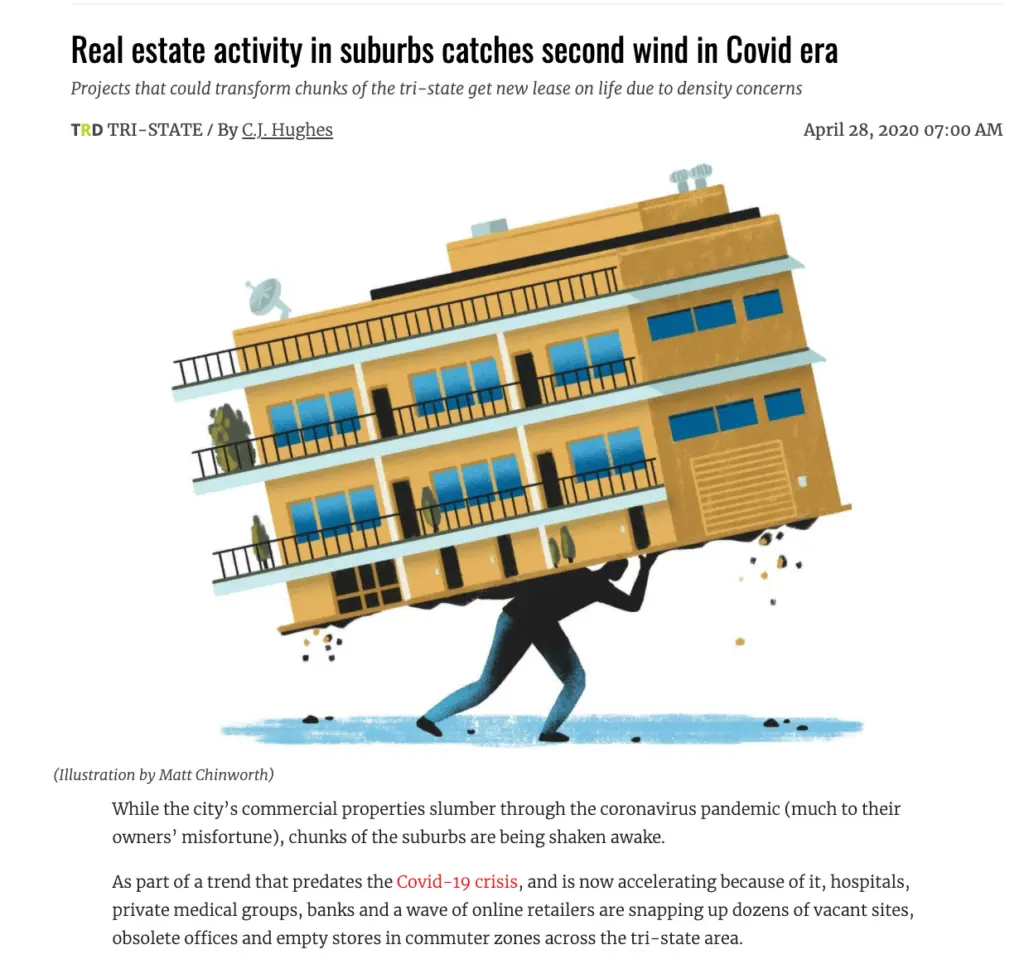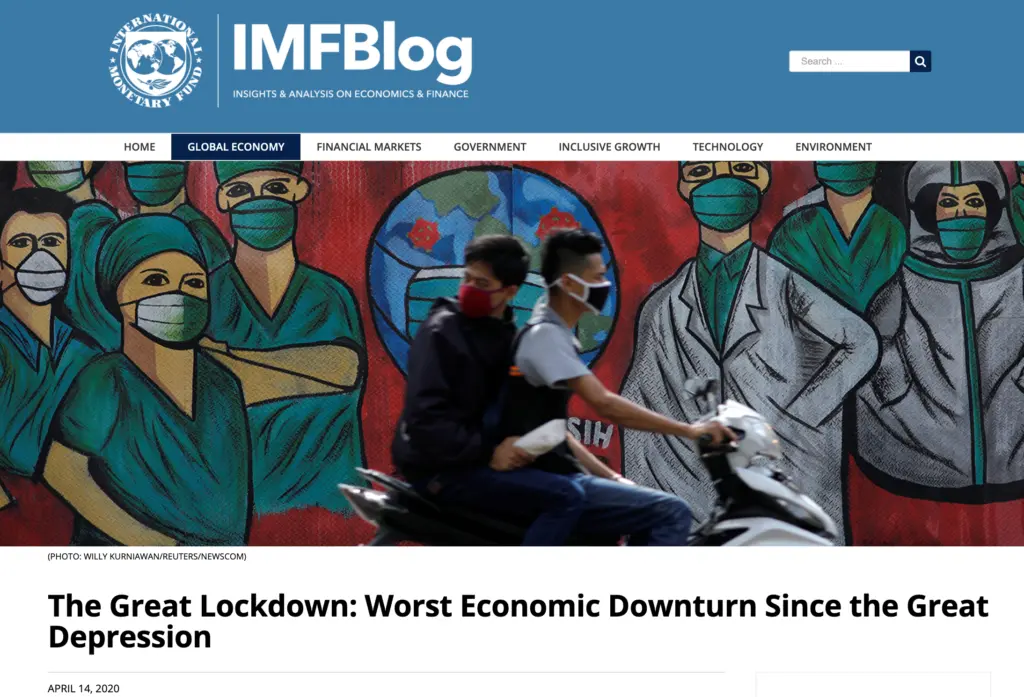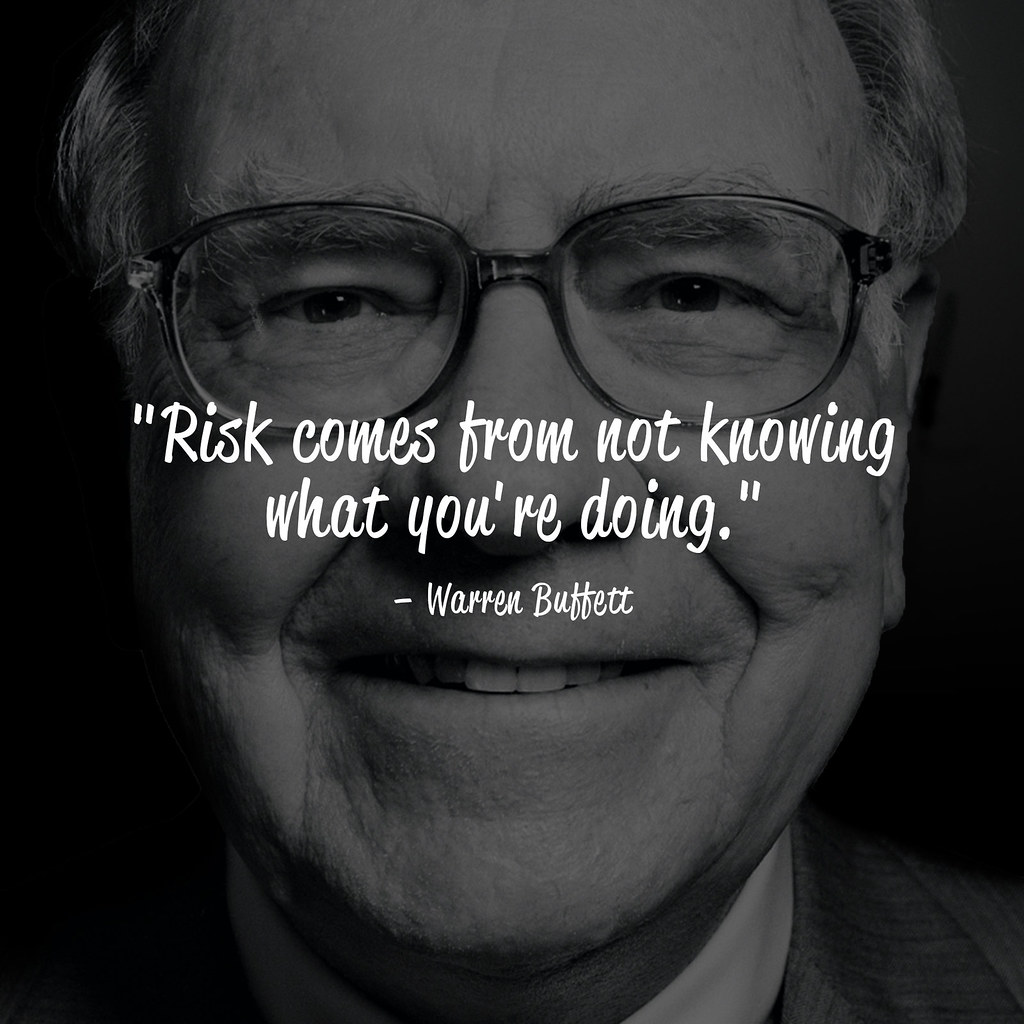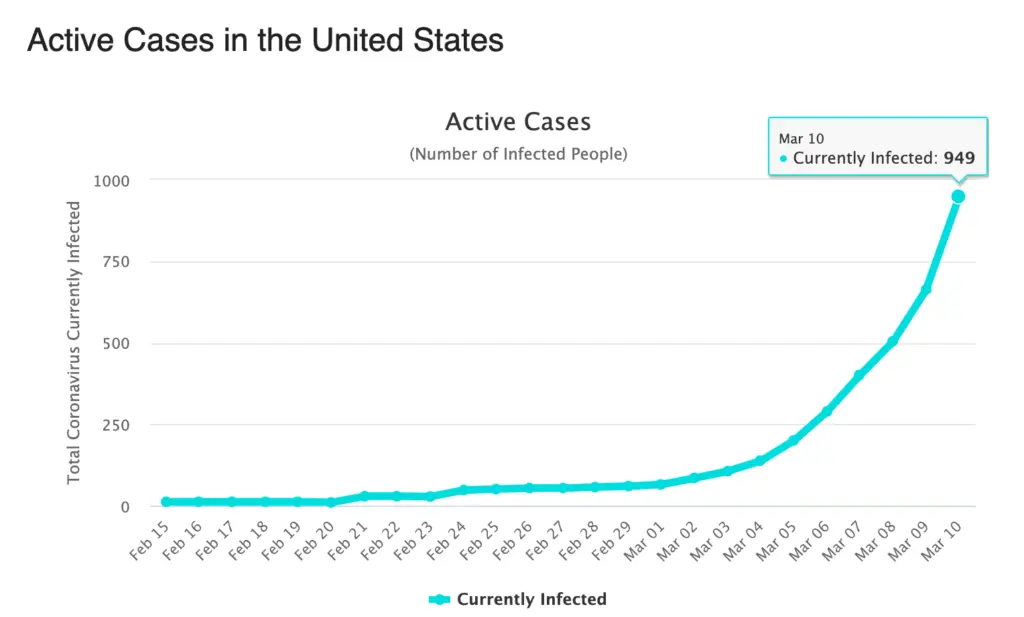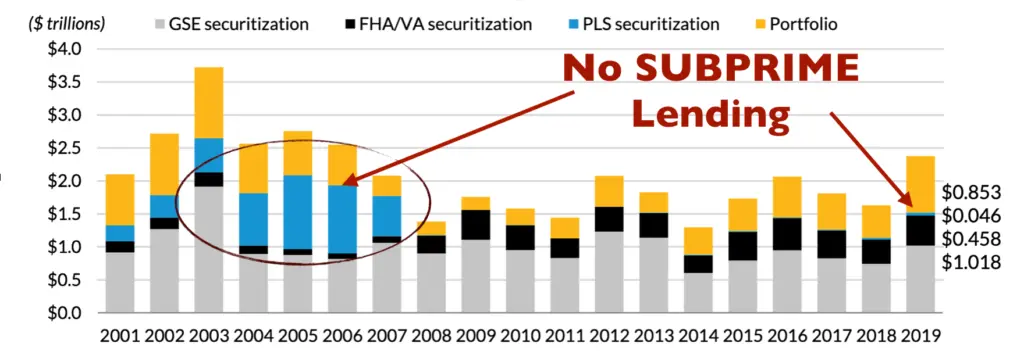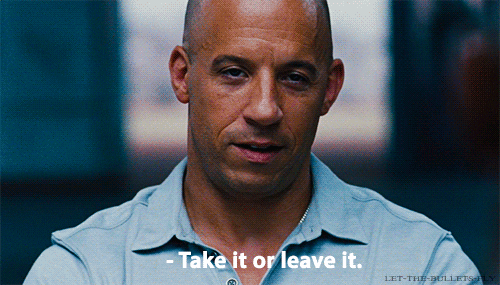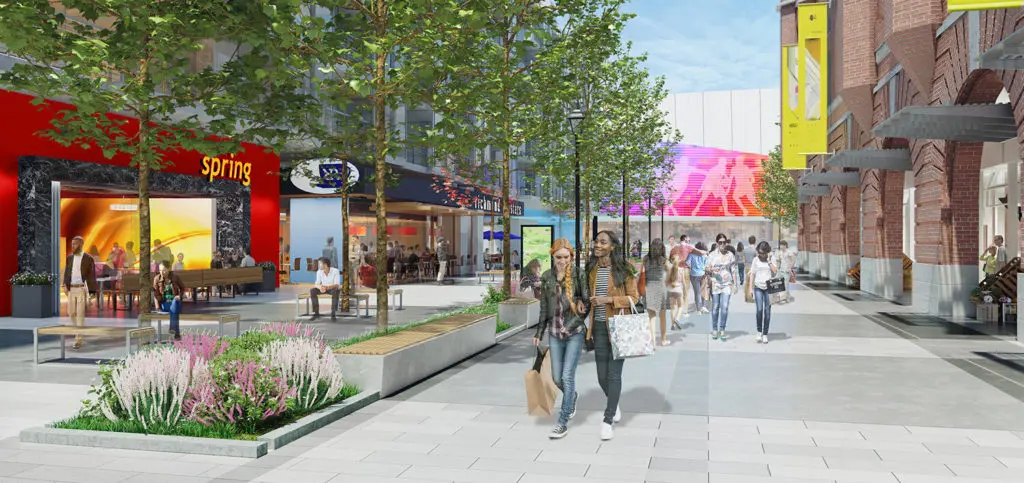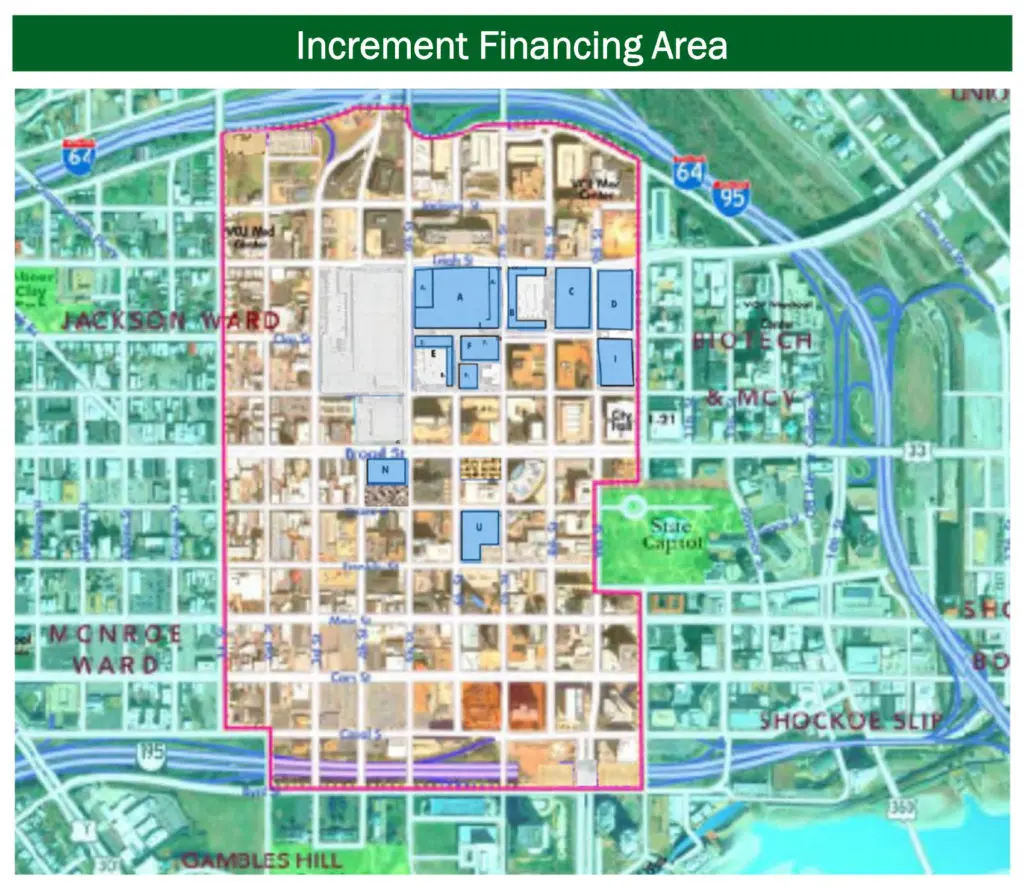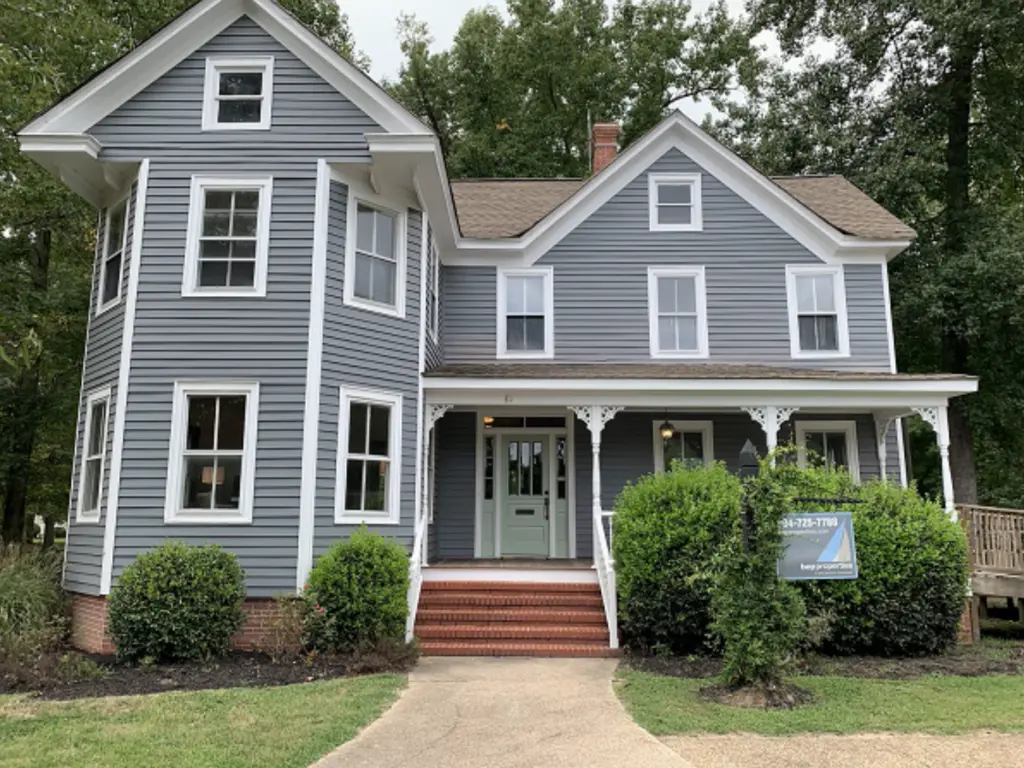The world is weird right now –– no one will argue that.
The world is also quite uncertain now, too –– and I don’t think you will get an argument there, either.

But that said, there has never been a better time to build a house –– and I will gladly engage in an argument as to why that is true.
Disclaimer
Now, when I say it is a great time to build, I am talking about the market, and not necessarily about the individual.
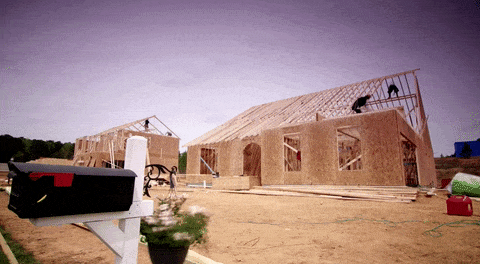
If you are on an uncertain financial footing, then, no, it might not be a great time to build. Those whose industries are in the midst of a major reset or have exposure to a resurgence of COVID, then any long(er) term plans should probably be put on hold and liquid assets hoarded.
But for those whose financial positions are solid, there has not been a better opportunity to build a home in the last 50 years, if not longer.
Inventory
Let’s begin with housing inventory.
Simply put, inventory was at record lows headed into COVID –– and COVID only exacerbated the problem.
In the latter part of February and early March, inventory locally (and nationally) hit all-time lows. To give you a sense of the level of low, look at the chart below.
The chart below shows inventory by MONTH
The chart below shows inventory by UNIT COUNT
Some submarkets had roughly 1 month of inventory, with most still operating with as little as 3. (For context, a market is considered balanced when it has 6 to 8 months of inventory.)
Each year that we have distanced ourselves from 2008, inventory has become increasingly more rare –– and 2020 was shaping up to be even lower than a record-low 2019.
Now, instead of the normal increase in resale inventory that typically appears for the spring market, COVID caused many homeowners to wait and NOT bring their properties to market.
NOT HELPFUL, COVID!
The traditional ‘March to May’ bump in available homes never materialized this year, and thus, the market has even fewer choices than last year’s ridiculous record low.
Perhaps the decision to sell will come later, but for now, the houses that we need to satisfy even a somewhat tempered spring demand are simply not there.
The spring of 2021 will be absolute insanity.
Production and Housing Starts
So pretend for a moment you are a banker –– what is the first thing you do when the economy goes sideways?
You stop lending, of course.

Credit contraction is the first reaction to economic upheaval and the one thing that the Fed and Treasury need to combat in order to minimize the impact of any financial crisis.
So if you are a bank, are you going to encourage new home construction when you really have no idea how COVID will play out? Of course not.
And therein lies the rub …
The homes that are currently under construction are almost all a result of contracts written last fall and this spring prior to COVID.
In our market, roughly 50% of the homes built in any given year are ‘speculatively’ built (in other words, the home is started without a contract in hand in ‘speculation‘ that a buyer will emerge prior to completion.)
Housing starts had just started to recover to historically normal levels (see the chart above) in an attempt to make up for the decade long deficit in new home production –– oh well, so much for building the number of homes we need to.
So just to make sure you realize –– the market for new homes had been undersupplied for close to a decade AND the normal number of new homes that would have been speculatively built to try to handle the demand are not going to be started!
Uh-oh.
The lack of speculative building will manifest itself in the spring of 2021 and will mean a greatly reduced pool of new homes to choose from. With inventory levels already stressed, the lack of new homes will make homeownership even more challenging.
Preference Shift
One of the more interesting patterns to emerge from COVID is the population exodus from the large east coast metropolitan areas to smaller cities and/or suburbia.
COVID punishes density and places like NYC are already seeing a population electing to flee vertical properties, public transportation, and high cost of living for some grass, the (perceived) safety of their own car, and overall affordability.
Besides the safety aspect, Zoom and other virtual meeting platforms have proven that expensive office space and cumbersome travel is not as necessary as we thought to connect with clients.
Furthermore, the leading wave of the Millennial home-buying generation was already poised to begin the transition out of the cramped 1 bedroom apartment anyway –– COVID is simply accelerating the emergence of the trend.
This demographic shift will not be felt as acutely as some of the others discussed here, but over the longer haul, it will impact the need for more new construction and alter the distribution of population along the eastern seaboard.
Material Costs
So guess what COVID did to global demand? It basically killed it.
As much damage as COVID has done to the US economy, it pales in comparison to what happened (and is still happening) in China, Russia, much of Europe, and the Middle East.
In the latter part of 2019, much of the world was already arguably in a recession, and the onset of COVID has devastated what was already a weak global economy.
We’ve all heard about COVID’s impact on oil markets (literally negative pricing), but the cost of the other commodities has also plummeted. Metal (steel, iron, aluminum, copper), wood products, and other essential commodities are all down sharply due to lack of demand and will likely stay down as global demand abates.
So the good news here is that the cost of building a house has actually come DOWN for the first time in decades –– and that spells opportunity for those in position to take advantage of it.
Fear
Just so you realize, the largest one month drop in the Builder Confidence Index happened in April.

BCI is now on par with the years immediately following both the Financial Crisis of 2008 and the 1987 Crash.
New construction sales have slowed precipitously, and the majority of the work in residential construction is the work that was contracted during the 2019 fall and early 2020 spring.
So while I don’t think I would call builders desperate, I would call many of them concerned, and the opportunity to secure a good price is far greater now than it was even a few months ago.
As Warren Buffet is so fond of saying, ‘When others are cautious, be bold.’
Interest Rates
And of course, there is the interest rate.
Whenever financial interruptions occur, the first thing the Federal Reserve and/or Treasury do is to relax monetary policy. In other words –– they make borrowing money cheaper.
Why? Because cheap money (typically) encourages economic activity.
In the same way that the cost of oil is in everything, so is the cost of money –– and when borrowing is cheap, it makes a lot of sense to borrow for long term purchases.
If you are going to borrow money, now is a phenomenal time to do so.
No Bidding Wars
So the cute little renovated bungalow you have been waiting for just showed up in MLS and showings start Sunday. You ping your agent and several texts later you are set to see the property at noon on the first day.

When you show up, you find out that you are one of 20 showings that day and the seller already has 3 offers in hand (2 are over the asking price,) and they are expecting another 5 more.
Ugggg.
Just so you realize, the scenario I just described is not as uncommon as you would think –– it is due simply to the lack of inventory.
So in order to be the winning offer, a purchaser will need to waive the inspection contingency, the appraisal contingency, and put down as much cash down as possible. And did I mention that you will probably also have to offer more than the asking price?
For many, that is next to impossible.
Now, imagine a scenario where you get a new home, with a full set of warranties, no waiver of inspection or appraisal contingencies, and you are the only offer.
I fully recognize that new homes tend to be built in new communities and the appeal of the 1950s renovated bungalow in a mature walkable neighborhood is powerful. But winning a competitive offer scenario is beyond many people’s means.
So if you are not in a position to win a competitive bid, then building a home can make a lot of sense.
Summary

Yes, I get it. It is hard to look at the condition of the world and think, ‘Hey! I have an idea –– let’s build a house!’
That said, the US economy is far less tied to the world’s economy than most realize, and thus, pay more attention to what is happening within our borders than outside of them. The news abroad is ugly for sure, but the US tends to be the exporters of recessions, not an importer of them.
There is still a reset that needs to occur for sure –– hospitality, travel, office space –– they all need to figure out what the new normal is. That will take some time for sure and cause some pain, but it will get worked out.
Other economic impacts aside, when you step back and take a long view, you will realize that the housing market was already massively undersupplied –– and COVID actually worsened the problem, not helped it.
So to repeat:
- Resale inventory is at an all-time low
- New home speculative building has largely ceased
- A demographic shift away from the crowded northeastern urban markets is already underway
- The cost of materials is at or near 20-year lows
- Builders are a bit fearful and likely to be aggressive to win deals
- Mortgage rates are stupid low
- No bidding wars
I simply cannot imagine a better time to build a house.
